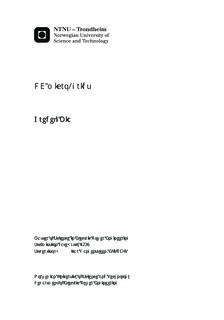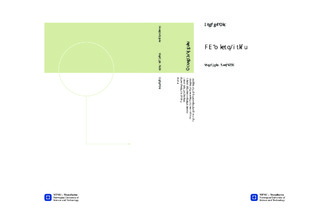| dc.description.abstract | The conventional electrical system in place today sees our electrical devices powered by AC mains. But as renewable technologies such as solar photovoltaic and wind power become more prevalent at a household level, DC micro-grids could be a cheaper and more efficient alternative. New lighting devices (LED) can reduce the electricity consumption substantially. Two alternatives are envisioned in this paper: A stand-alone alternative in which there is no grid connection, that would require local storage (battery), and a grid-connection alternative. After reviewing and investigating relevant literature for this topic and writing theoretical part of thesis there were the fallowing tasks. One typical four member family household was described and hourly load curves for one year period, with typical summer and winter days, were made for this case. Next task that was completed was generating yearly energy production from solar panels, which the observed household contains, in INSEL software. With having those previously mentioned data, combined with necessary information about prices of all necessary components and prices from Croatian power system, it was possible to make feasibility and cost analysis where the two previously mentioned alternatives were investigated. With changing some parameters in that economical analysis several scenarios were observed. At the end conclusions were made about which one of those two options is more profitable and under what conditions. Also, suggestions were made for further work on this topic. This assignment is realized as a part of the collaborative project Sustainable Energy and Environment in Western Balkans that aims to develop and establish five new internationally recognized MSc study programs for the field of Sustainable Energy and Environment , one at each of the five collaborating universities in three different WB countries. The project is funded through the Norwegian Programme in Higher Education, Research and Development in the Western Balkans, Programme 3: Energy Sector (HERD Energy) for the period 2011-2014. | nb_NO |

